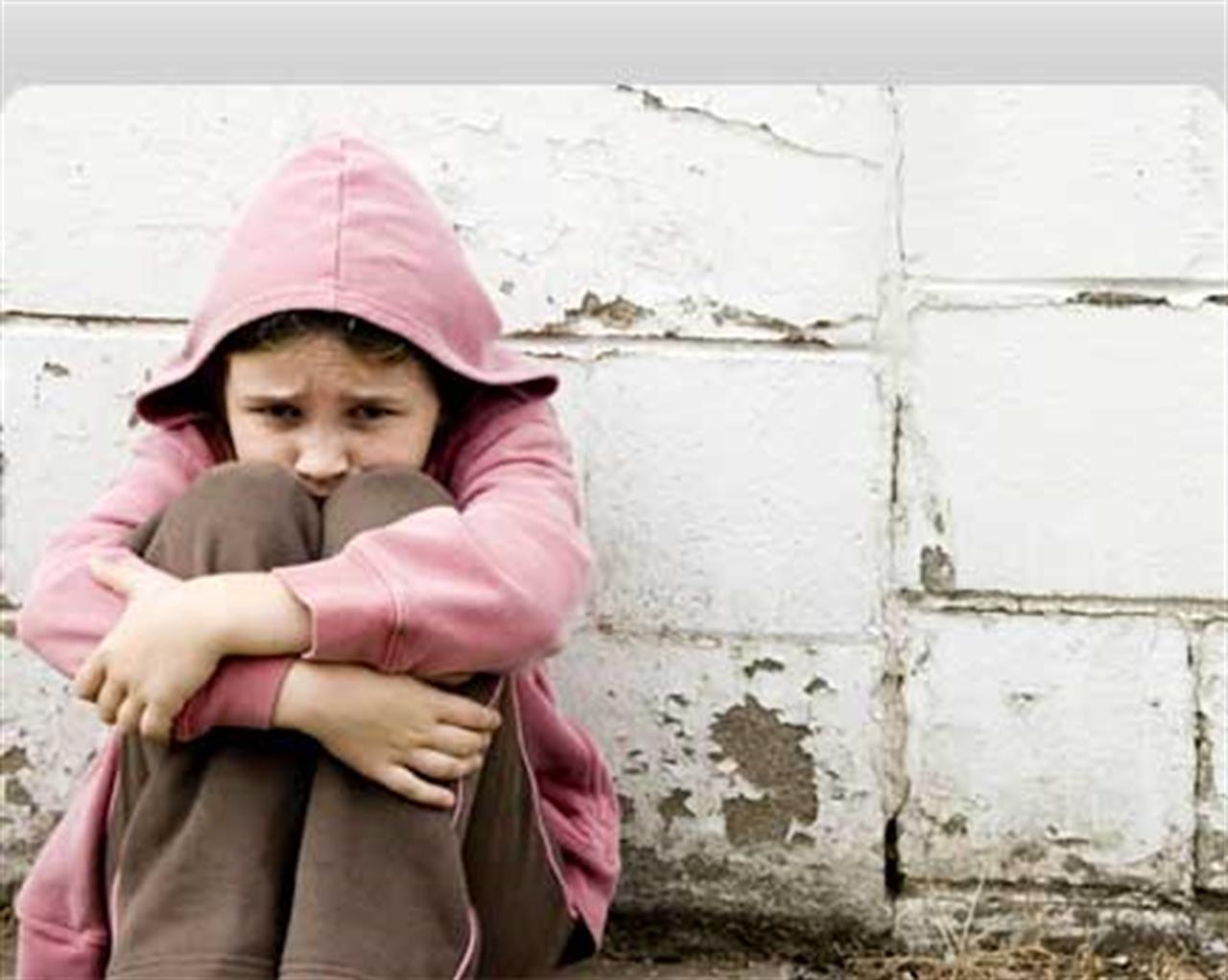Non profit
15% of Europe socially excluded
Pre-crisis records show depressing reality within EU

15 % of the European population suffer from poverty according to a new research published on European inequalities. Not even Luxemburg is spared.
Amounting to almost 80 million poor in all, based on data from 2007 which means pre-crisis, the number of European poor is worrying particularly when put into the context of the Lisbon strategy.
The strategy, launched in 2000, described among one of its main goals poverty reduction. Instead, the percentage has stagnated, and seven years on was exactly the same.
The news comes at a crucial time for the European Union, which is trying to redefine its goals in a post Lisbon era, which will be referred to as Eu2020.
“Up until now the vision that economic growth was enough to combat poverty has prevailed, but statistics from the current crisis show us that it is not so,” said Antonia Carparelli, head of the social inclusion and fight against poverty unit from the social affairs direction of the European Commission during the round table organised on the subject in Stockholm the last October 15-16.
From the “European inequalities” research conducted by TARKI in Budabpest (www.tarki.hu/en/publications/EI), we learn that despite Luxemburg having the overall lowest level of poverty percentage compared to any other European country, it has the highest percentage of parents at risk of poverty at an astonishing 50%.
The research also stresses the difference in social situation between immigrant children and their national counterparts.
The roundtable’s conclusions in Stockholm will have limited repercussions though. Indeed, when it comes to social matters, the European Union only has the power of suggesting guidelines as opposed to creating directives member states are obliged to follow.
The research and the roundtable come just a few months before 2010, which the commission has decided will be the European year for the fight against poverty and social exclusion. The theme has gained publicity on a European scale lately with Commission President Barroso denouncing individual member states of being incapable of dealing with the poverty issue themselves and so in great need of European intervention.
“In the short term, it is vital to prevent catch 22 situations of unemployment and social exclusion,” said Vladimir Spidla, European Commissioner for Social Affairs, “but at the same time we have to think of maintaining the sustainability of our social protection systems, because future generations will need these too.”
17 centesimi al giorno sono troppi?
Poco più di un euro a settimana, un caffè al bar o forse meno. 60 euro l’anno per tutti i contenuti di VITA, gli articoli online senza pubblicità, i magazine, le newsletter, i podcast, le infografiche e i libri digitali. Ma soprattutto per aiutarci a raccontare il sociale con sempre maggiore forza e incisività.
